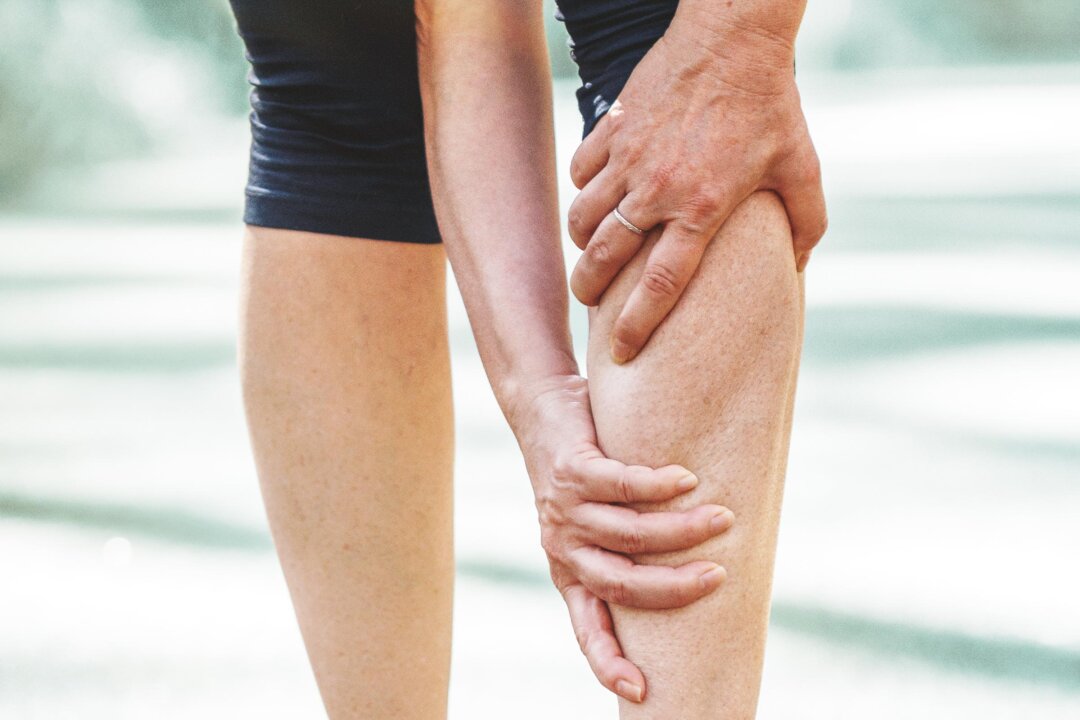Muscle cramps can disrupt sleep and cause discomfort, particularly during warmer months. These involuntary contractions often occur at night and can last several minutes. While conventional medicine typically attributes cramps to dehydration and the loss of essential electrolytes, traditional Chinese medicine (TCM) presents a broader perspective, interpreting cramps as indications of depleted energy, fluids, and nourishment.
Understanding the Causes of Muscle Cramps
Cramps frequently result from prolonged sweating, which leads to a significant loss of water and critical electrolytes such as sodium, potassium, and magnesium. These minerals are vital for nerve signal transmission and muscle contraction. When their levels drop, calcium regulation within muscle cells can be disrupted, resulting in involuntary contractions commonly referred to as cramps or “charley horses.”
The incidence of muscle cramps tends to increase in the summer months when high temperatures can exacerbate dehydration. This seasonal trend highlights the importance of maintaining proper hydration and electrolyte balance, especially for individuals engaging in outdoor activities or exercise during hot weather.
Traditional Chinese Medicine and Holistic Approaches
Traditional Chinese medicine offers an alternative framework for understanding muscle cramps. TCM practitioners view these painful episodes as symptoms of an imbalance in the body’s energy and nourishment. By addressing hydration, utilizing targeted acupressure, and incorporating herbal remedies, individuals may find relief from cramps and enhance their overall wellbeing.
Acupressure, a TCM practice that involves applying pressure to specific points on the body, has been shown to alleviate various ailments, including muscle cramps. For instance, stimulating acupoints associated with muscle relaxation can enhance blood flow and promote the efficient functioning of muscles.
Additionally, herbal remedies play a significant role in TCM. Certain herbs are known for their anti-inflammatory properties and can aid in muscle recovery. For example, ginger and turmeric are both praised for their potential to reduce inflammation and promote circulation, which may help prevent cramps from occurring.
Combining hydration with these TCM practices can create a comprehensive approach to managing muscle cramps. Maintaining adequate fluid intake, especially during hot weather, is crucial for preventing dehydration and maintaining electrolyte levels.
In conclusion, while conventional medicine focuses on the loss of electrolytes as a primary cause of muscle cramps, traditional Chinese medicine provides valuable insights that emphasize the importance of energy balance and nourishment. By integrating hydration, acupressure, and herbal remedies into one’s routine, individuals may effectively alleviate muscle cramps and improve their overall health.
